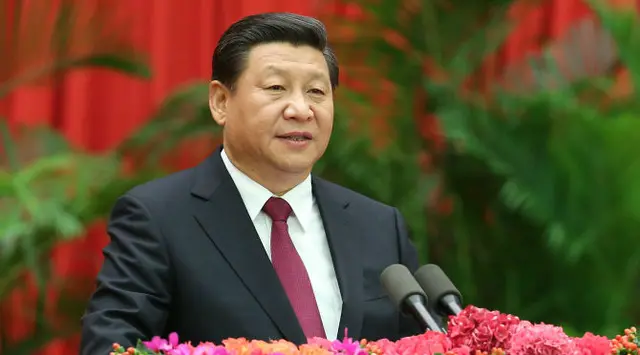The Summit of the Americas once again caused new beginnings and controversies, especially after the historic meeting between Cuba and the United states, as well as the recent political standoff between Caracas and Washington.
After the meeting, it seems apparent that, in the face of Washington's "carrot and stick" policy, Latin American nations have showed growing solidarity and great determination in defending their sovereignty and independence.
"The United States has to admit it is facing a new reality in Latin America that must be respected," Venezuelan political analyst Basem Tajeldine told Xinhua in an interview.
According to Tajeldine, the White House has understood that there will be a "solid" response from all the nations in the continent if it interferes in any country's domestic affairs.
"There is unanimous consensus among all Latin American and Caribbean countries to support other nations, defending their sovereignty, political stability and peace. This is the main issue that has been set clear during the summit," said Tajeldine.
The meeting between U.S. President Barack Obama and Cuban leader Raul Castro is "positive" for the region since now all the continental countries are included in the summit, Tajeldine said.
"Cuba took part in the summit after a 50-year resistance against the United States that seeks to end its revolutionary process," said the Venezuelan expert.
The Castro-Obama meeting on the sidelines of the summit was an important step for the U.S. president, who seeks to allay tensions with Cuba.
Tania Diaz, vice president of Venezuela's National Assembly, said in an interview with Xinhua that, "Cuba's presence in the meeting has marked another defeat for the United States in its long history of intervention in our region. It shows that its policy for more than 50 years against Havana has failed."
According to Diaz, the U.S. strategy in Latin America backfired as it wanted better relations with Havana but declared Venezuela was a threat to its national security.
"Obama thought that by handing Cuba the carrot and hitting Venezuela with the stick, the rest of the region would remain silent but just the opposite happened. We are no longer Washington's backyard," Diaz said.
Latin American leaders from Argentina, Bolivia, Cuba, Trinidad and Tobago, Uruguay and Ecuador rallied behind Venezuelan President Nicolas Maduro in Panama, as the Washington-Caracas political disagreement contrasted with the diplomatic reconciliation showed by Obama and Castro at the summit.
Obama and Maduro held an informal conversation in the framework of the meeting to work out a solution to the recent political tensions. According to Maduro, "there could be a possibility in the near future to engage in a dialogue with the United States and explore a new path toward respectful relations."
Experts believe the encounter helps to "ease tensions" but admit the confidence between both countries has been affected since late president Hugo Chavez came to power in 1999.
"Obama was not sincere when he said Cold War was over because he is practicing the same tactics used in that period in its policy toward Venezuela. He is looking to isolate Maduro's government in the region," said Tajeldine.
Diaz said Obama's executive order on Caracas is not an "isolated action" but rather a "strategy" from the White House to topple Maduro's government.
"Although the meeting between both presidents is definitely positive, there is still an ongoing conspiracy led by the United States in Venezuela to force a change of regime," Diaz said.
After decades of isolation, it seems Cuba now is coming out on top after the summit in Panama. Obama's meeting with Castro can be seen as a friendly gesture which apparently shows that Washington's meddling in Latin America is over. Enditem
 简体中文
简体中文

